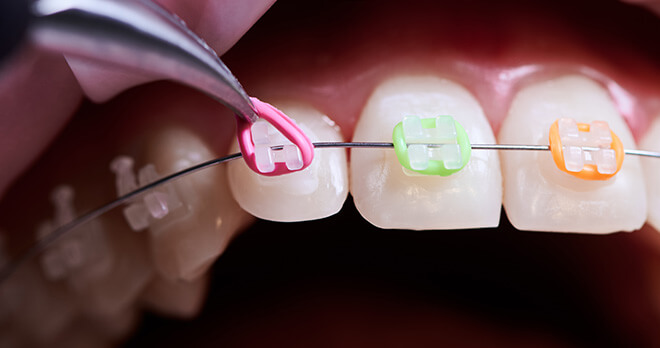Poor dental fillings
Dental fillings are used to restore teeth that have been affected by tooth decay and many fillings are carried out by dentist every year. Filling teeth is a common procedure, however, if a dentist provides a patient with a poor dental filling this can lead to a host of problems and cause a person to suffer unnecessary pain and suffering.
The need for dental fillings
When a dentist identifies tooth decay, a filling may be the most appropriate treatment in order to prevent further damage to the tooth. The procedure is relatively straightforward and the dentist may use a drill and administer local anaesthetic to carry out the treatment.
Signs of poor dental fillings
Possible signs of poor dental fillings may include:
– unshaped or un-smoothed fillings
– very large fillings
Problems that can occur from poor dental fillings
The failure by a dentist to adequately carry out a filling can lead to ongoing tooth aches and pain. Whilst most people may experience some ache after having a tooth filled, tooth ache which last several weeks may be the sign of a poor dental filling.
If the filling has not been adequately prepared, the mixture may not bond properly to the tooth tissue and this may cause the filling to fall out or cause a gap, which could then allow further decay to form and lead to long lasting toothache as the pulp of the tooth becomes infected.
Further, if the edges of a filling are not smoothed down or shaped correctly, this too can lead to tooth ache and have an impact on the neighbouring teeth or gums.
A person may also suffer from an incorrect bite, if the filling has been made too high and this can cause difficulties when trying to eat and cause a person pain and discomfort. Similarly if a filling is too large, this can also lead to tooth ache and can make it difficult to adequately clean the teeth and the person will then become at risk from further decay and may require further fillings or alternative treatment.
A large filling can also weaken the tooth and, should this filling fail, it may be the case that the tooth is no longer able to support a cavity and a root canal treatment may be needed as a result or a crown may be needed in order to replace the filling. If decay is allowed to develop further a person may experience sensitivity in their teeth.
In severe cases a person may lose their tooth if the filling cannot be replaced and the tooth has developed further decay which can no longer be treated.
Our experience
In the Dental Negligence Team, we see many cases where a person has suffered from poor dental fillings. The Team acted for a client who received a settlement for the failure of her dentist to carry out adequate fillings. The two fillings her dentist had placed were over filled and were too high and her dentist had failed to remove the decay in preparing the tooth for a filling and this resulted in pain and infection for our client. As a result of the poor dental fillings the client required a root canal treatment and faced the possibility of the teeth being extracted in the future.
If you have suffered from poor dental fillings which have caused you problems, please contact a specialist dental negligence solicitor, such as those in the Dental Negligence Team, who will be happy to assist and advise you whether you may be successful in bringing a dental negligence claim for compensation for your suffering.
Got a question?
You can call the team on 0800 923 2080 or message them to understand more about you potential compensation claim for dental negligence. We will get back to you at a time that is convenient to you.
Common claim types
Insights and opinions
View more articles related to Cosmetic dentistry, Crowns and bridges, Dental implants, Dental nerve damage, Extractions, Gum disease, Information, Mouth cancer, Orthodontics, Root canal treatment, Tooth decay and Wisdom teeth










